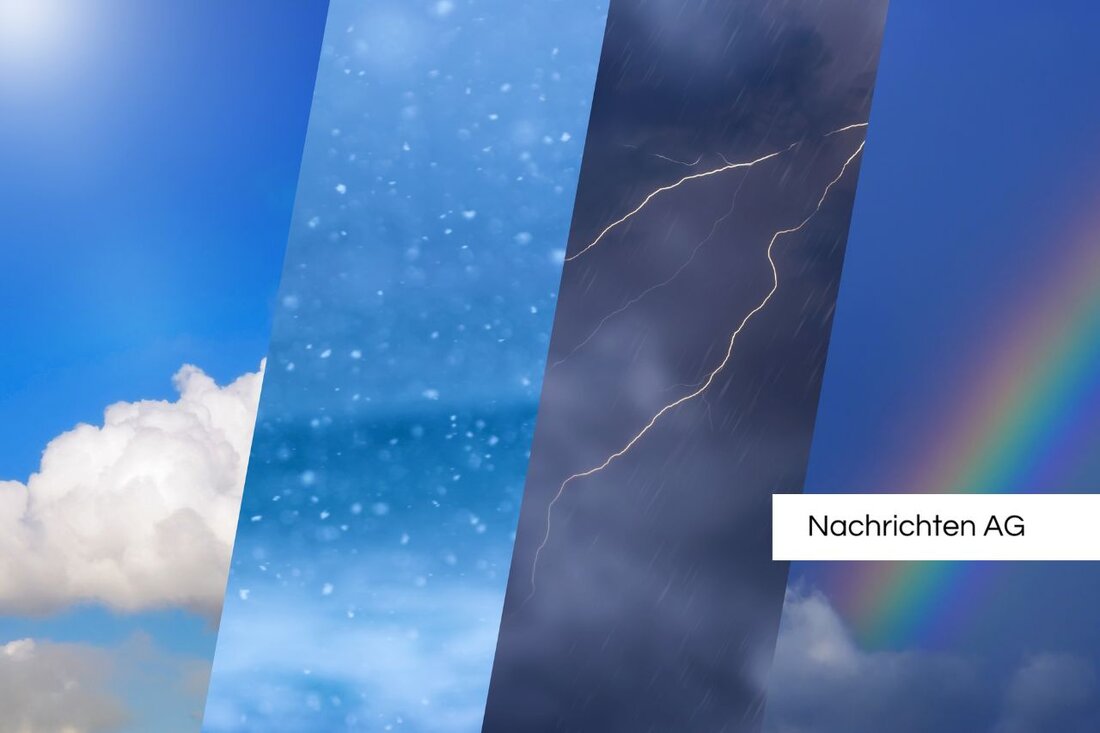Alarming forecast: Record summer 2025 threatens heat and drought!

Alarming forecast: Record summer 2025 threatens heat and drought!
Deutschland - An alarming long-term forecast of ECMWF (European Center for Medium-term weather forecasts) indicates that summer 2025 in Germany could become extremely hot and dry. June in particular could be up to 1.5 degrees warmer than the average from 1991 to 2020. These temperature deviations could extend to 1 to 2 degrees during all three summer months (June, July, August), which would have significant effects on weather events in Germany.
The weather in Germany has changed noticeably since February 2025. A massive precipitation deficit leads to drought time and heat waves, while May stays particularly dry. According to op-online.de Harvest failures, increased risk of forest fires and heat loads for the population could lead. In particular, densely populated regions are likely to suffer more among urban heat islands.
a sound forecast model
The forecasts of the ECMWF are considered to be sound and are based on an ensemble system with dozens of arithmetic runs. The statistical probability for large -scale trends is between 60 and 70 percent, even if long -term forecasts are affected with uncertainties. The ECMWF works closely with national weather services, such as the German Weather Service (DWD), to be able to create precise weather forecasts.
The extended predictions of the ECMWF offer insights into potential weather conditions up to 46 days in advance. These predictions report on weekly average values and their deviations compared to long -term climatology. Factors such as the condition of the oceans and land masses that change relatively slowly influence the predictability.
consequences of climate change
The extreme weather situation is not just a temporary appearance. According to a current report by WWF , the increase in global average, which has already risen by 1.2 degrees, is the main reason for the increase identified by extreme weather events. The increase in heat waves and drought is a direct result of progressive global warming, which is promoted by human activities such as the emission of greenhouse gases.
According to the WWF,future weather events will be more frequent and more intense. Flood disasters, such as those in July 2021, in which over 180 people were killed, are examples of the devastating consequences of climate change. In addition, the likelihood of heavy rain cases in Western Europe has increased by 1.2 to 9 times due to climate change. Measures to reduce greenhouse gas emissions and a rethink in politics are necessary to limit the ear heating to a maximum of 1.5 degrees Celsius and to alleviate the worst consequences of the climate crisis.
| Details | |
|---|---|
| Ort | Deutschland |
| Quellen | |
